Understanding the Potential of AI and IoT Integration
Imagine a world where your morning coffee brews itself as soon as your alarm clock goes off, where your car knows the most efficient route to take based on real-time traffic data, and where your home adjusts its temperature and lighting based on your preferences without you having to lift a finger. This world is not as far-fetched as it may seem, thanks to the seamless integration of Artificial Intelligence (AI) and Internet of Things (IoT) technologies.
AI refers to the simulation of human intelligence processes by machines, while IoT is the network of interconnected devices and sensors that communicate and share data with each other. When these two technologies come together, the possibilities for businesses are endless.
Enhancing Efficiency and Decision-Making
One of the key benefits of integrating AI with IoT is the ability to enhance efficiency and decision-making processes. By analyzing the vast amounts of data generated by IoT devices in real-time, AI algorithms can identify patterns, trends, and anomalies that may go unnoticed by human operators. This enables businesses to make data-driven decisions that optimize operations, minimize downtime, and improve overall performance.
For example, in the manufacturing sector, AI-powered predictive maintenance systems can analyze data from IoT sensors on equipment to identify potential issues before they occur, allowing for proactive maintenance and minimizing costly downtime. Similarly, in the retail industry, AI algorithms can analyze customer data from IoT devices to personalize marketing campaigns and improve customer engagement.
Unlocking New Revenue Streams
Another compelling benefit of integrating AI with IoT is the ability to unlock new revenue streams for businesses. By leveraging AI algorithms to analyze data from IoT devices, companies can gain valuable insights into customer behavior, preferences, and trends. This enables them to develop innovative products and services that meet the evolving needs of their target audience.
For instance, in the healthcare sector, wearable devices equipped with IoT sensors can collect real-time data on patients’ vitals and health metrics. By using AI algorithms to analyze this data, healthcare providers can predict and prevent potential health issues, leading to improved patient outcomes and reduced healthcare costs.
Ensuring Data Security and Privacy
While the integration of AI and IoT presents numerous opportunities for businesses, it also raises concerns around data security and privacy. With the proliferation of interconnected devices collecting sensitive information, ensuring the security and privacy of this data has become more critical than ever.
To address these challenges, businesses must implement robust cybersecurity measures, such as encryption, authentication, and access controls, to safeguard data transmitted between AI and IoT devices. Additionally, companies should prioritize transparency and consent when collecting and using customer data, to build trust and confidence among their user base.
In conclusion, the integration of AI with IoT holds tremendous potential for businesses across various industries. By leveraging the power of AI algorithms to analyze data from IoT devices, companies can enhance efficiency, drive innovation, and unlock new revenue streams. However, it is crucial for businesses to prioritize data security and privacy to build trust and credibility with their customers.
Remember, the possibilities are endless when AI and IoT come together. Stay tuned for more insightful blogs on AI and technology trends on ivah.io.
Ivah – Your trusted source for all things AI and technology.

